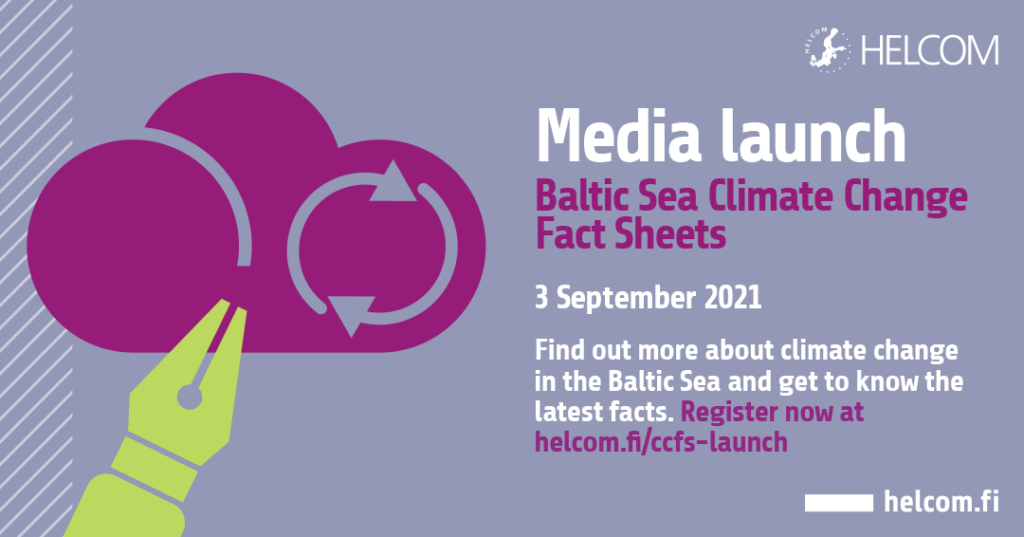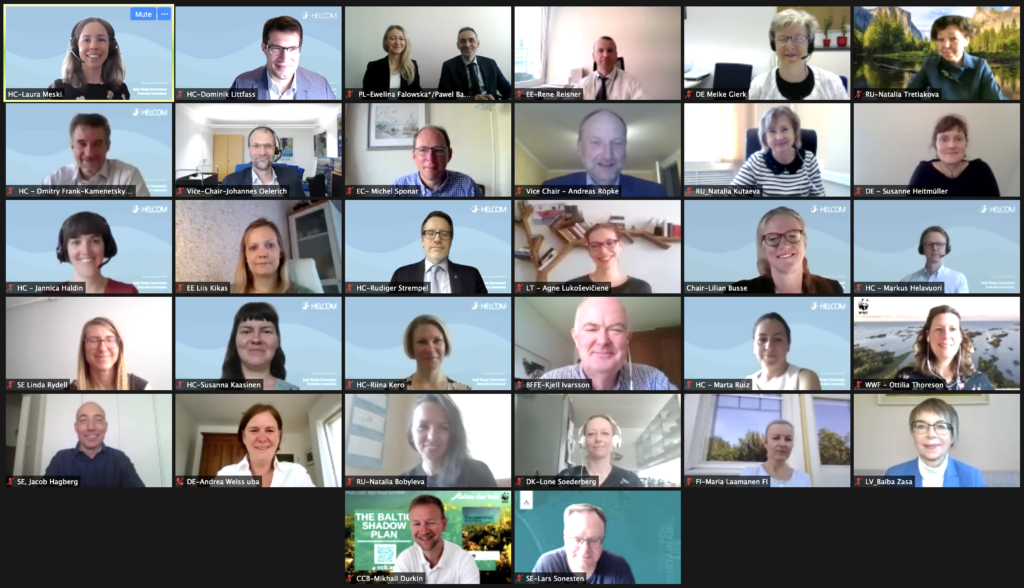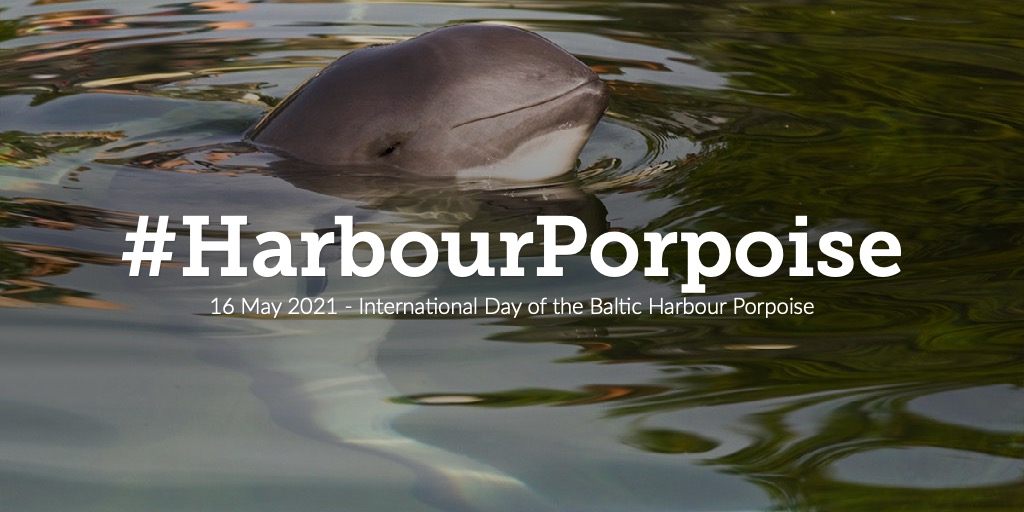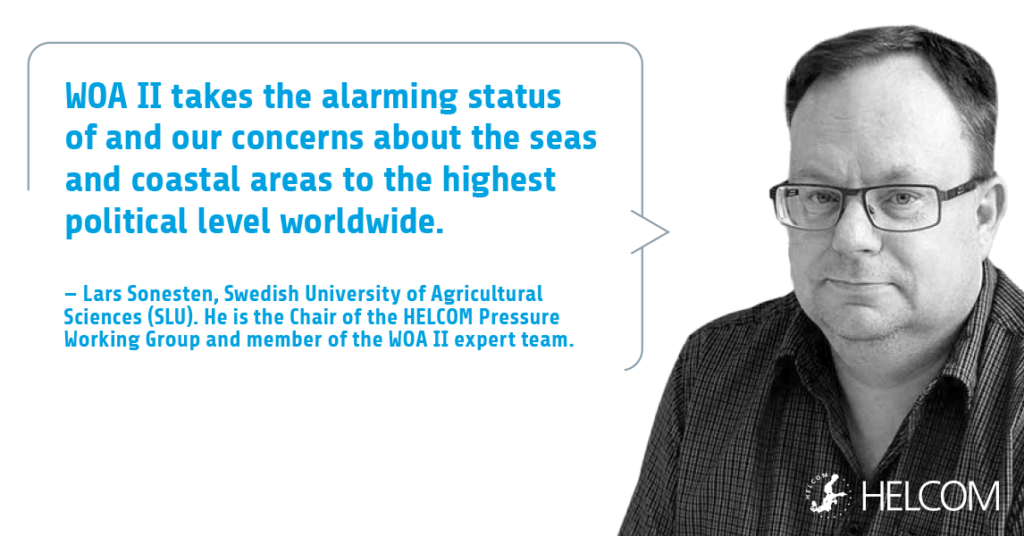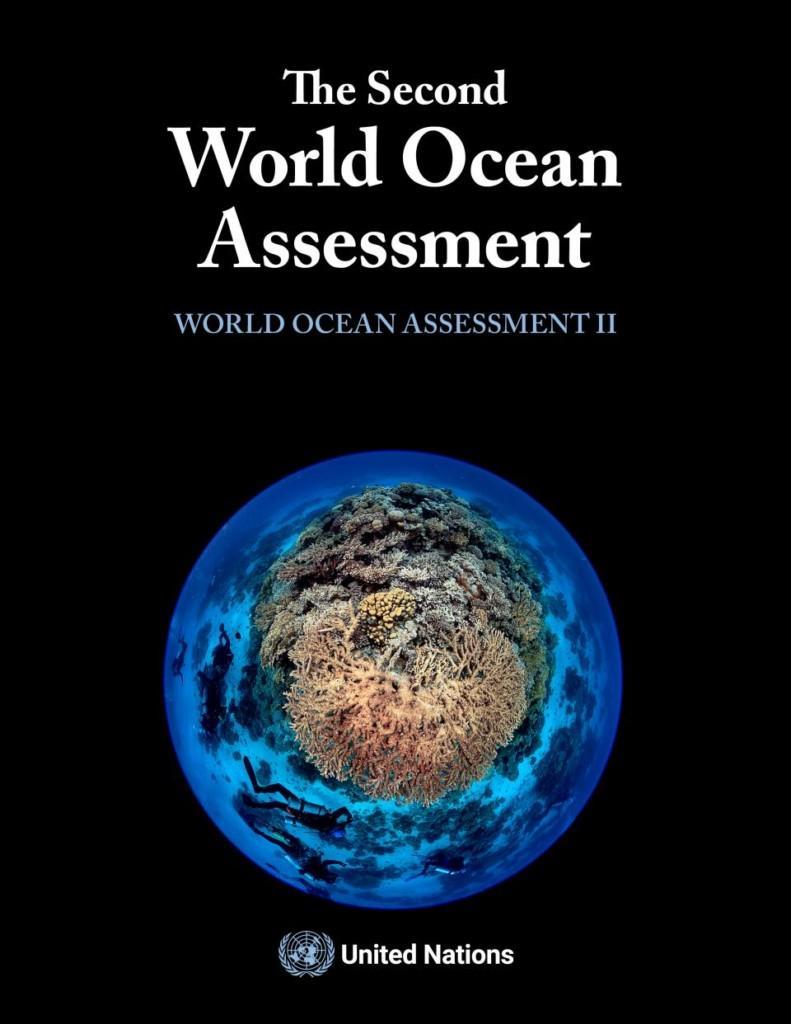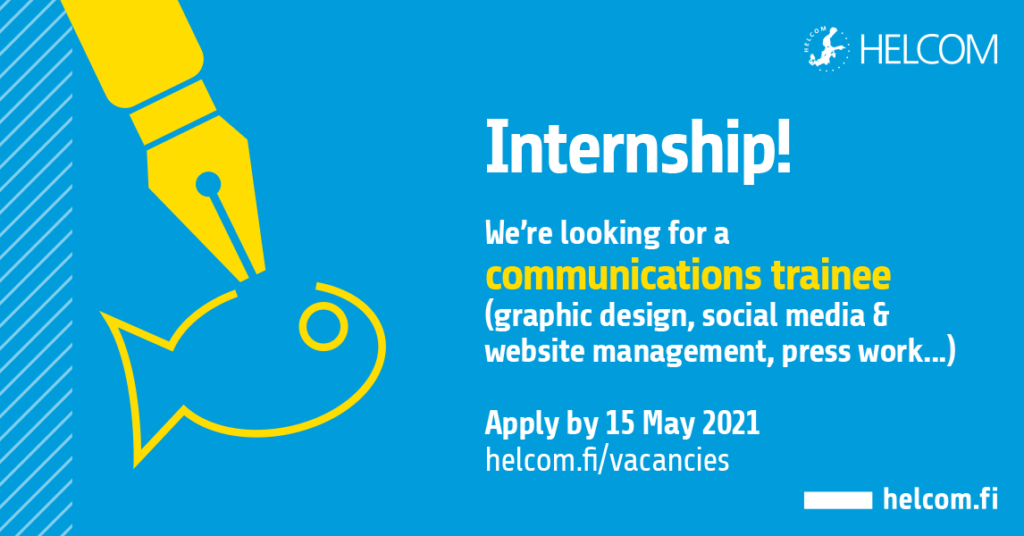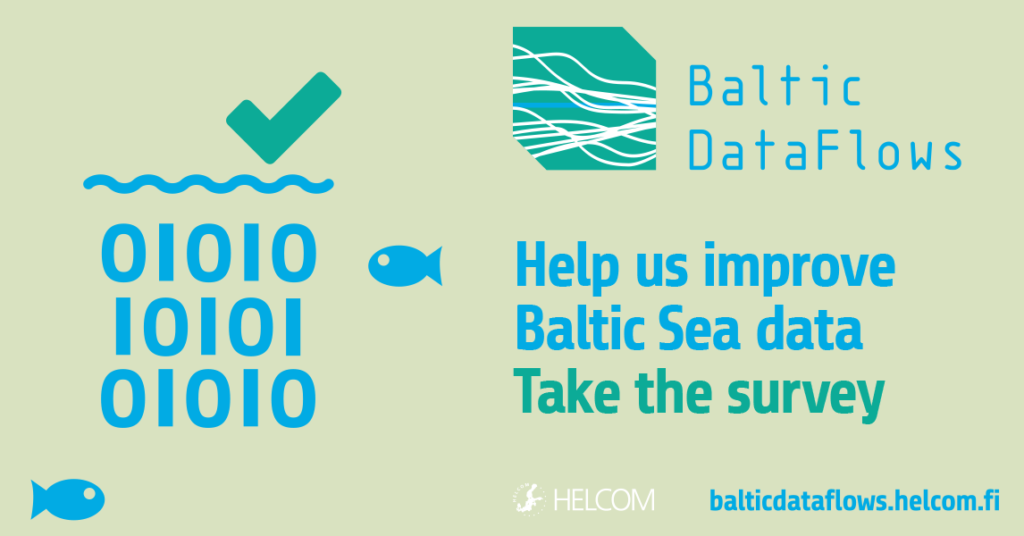This vacancy is now closed. We are no longer accepting applications.
We are currently in search of an enthusiastic expert to strengthen our team at the international HELCOM Secretariat as Administrative Assistant parental leave substitute. The position is to support the Administrative Officer in the administration of the Secretariat. While the tasks are mainly focused on finances, they also include tasks related to HR and general administration of the office.
Responsibilities
- Assisting in closing of accounts and preparing the financial statement;
- tasks related to accounting, invoicing, reporting and follow‐up;
- support in budgeting tasks;
- tasks related to HR and general administration (e.g. preparing contracts, reports and applications);
- support in developing the administrative tools of the Secretariat;
- other administrative tasks as assigned.
Qualifications and experience.
- Bachelor’s degree in a relevant field (e.g. business administration, public administration, economics) or corresponding education;
- minimum of two years of relevant professional experience from financial and administrative tasks;
- knowledge of accounting practices and systems;
- ability to work independently, take responsibility and initiatives;
- excellent organizational and administrative skills and proven ability to deliver to tight timelines;
- excellent social and team skills;
- A thorough knowledge of the English and Finnish languages as well as high competence in ITskills.
Experience from the financial management of EU co‐financed projects is an asset.
Terms of appointment
The selected candidate is expected to start preferably on 11 January 2022. The appointment is a parental leave substitute for one year, with a possibility of prolongation. The salary is 2.800 € per month. Please note that the salaries paid by the Commission are exempt from Finnish income tax.
The interviews are tentatively scheduled to take place on 1 December 2021 in Helsinki.


